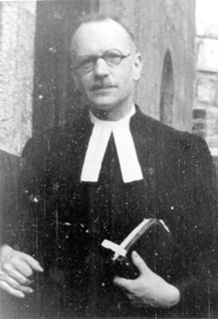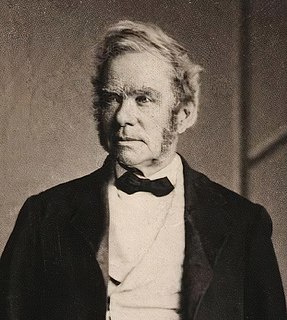A Quote by Ludwig von Mises
The avowed aim of all utopian movements is to put an end to history and to establish a final and permanent calm.
Related Quotes
What's more important is that we talk about movements; change happens through movements. The movement to end slavery, the movement to bring justice for those who have been left out of the system, movements to include women, movements around sexual preference - all these movements brought about change.
The most widely discussed formulation of [the One World model] was the "end of history" thesis advanced by Francis Fukuyama. "We may be witnessing," Fukuyama argued, "the end of history as such: that is, the end point of mankind's ideological evolution and the universalization of Western liberal democracy as the final form of human government." The future will be devoted not to great exhilarating struggles over ideas but rather to resolving mundane economic and technical problems. And, he concluded rather sadly, it will all be rather boring.





































